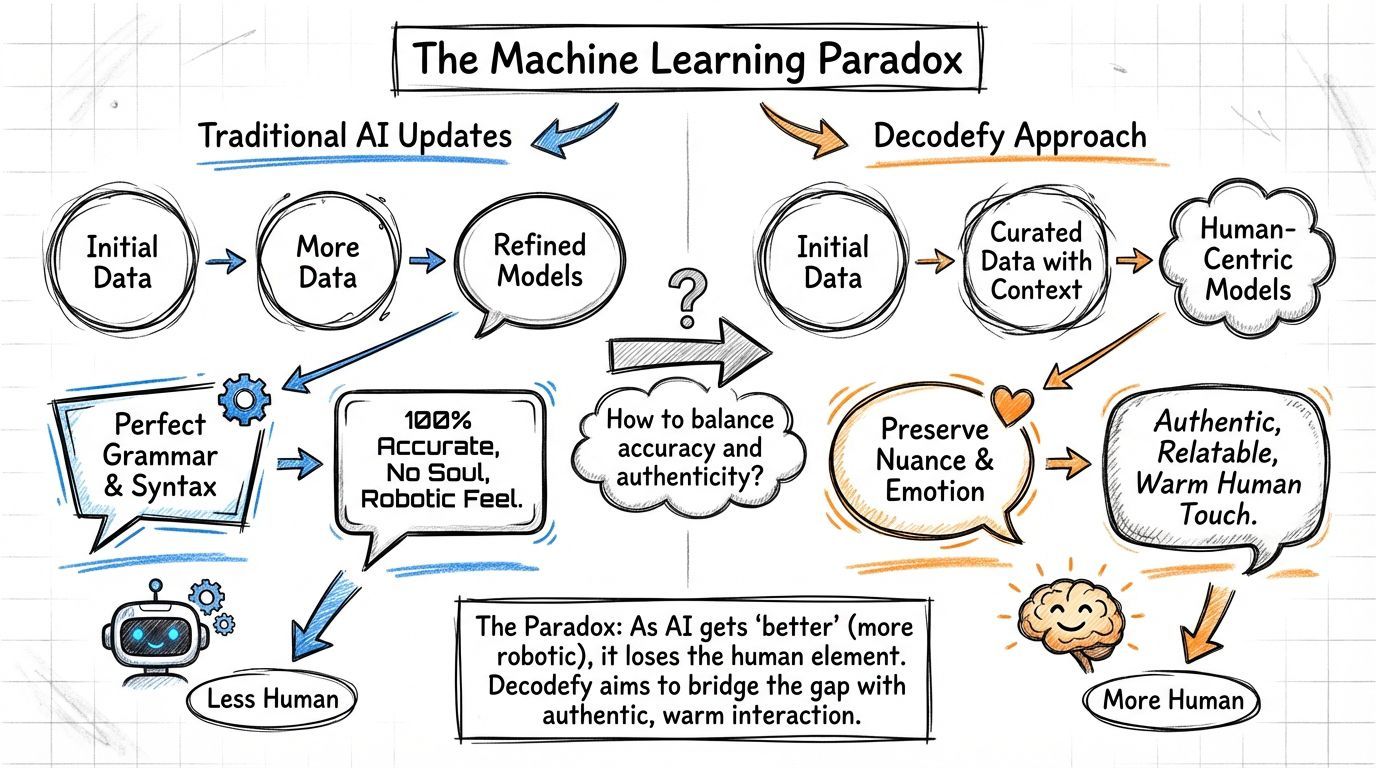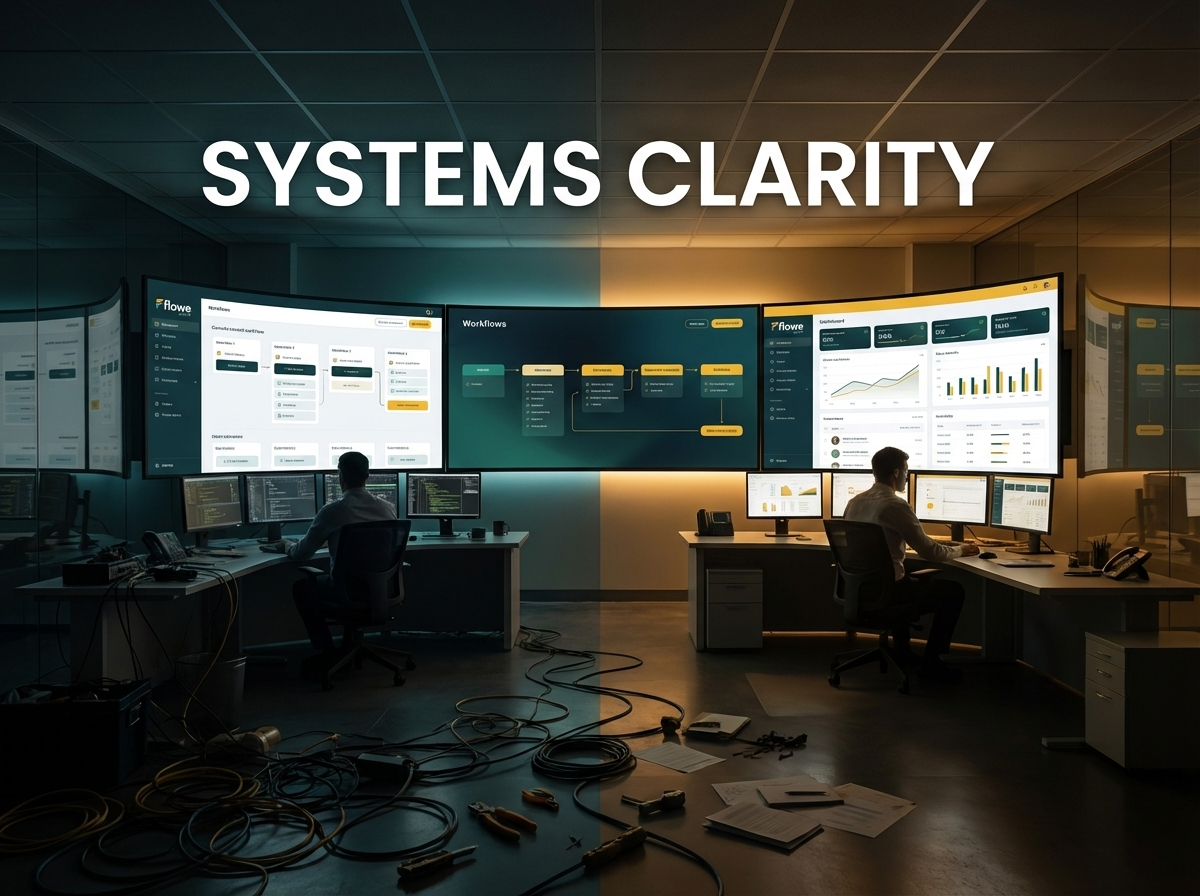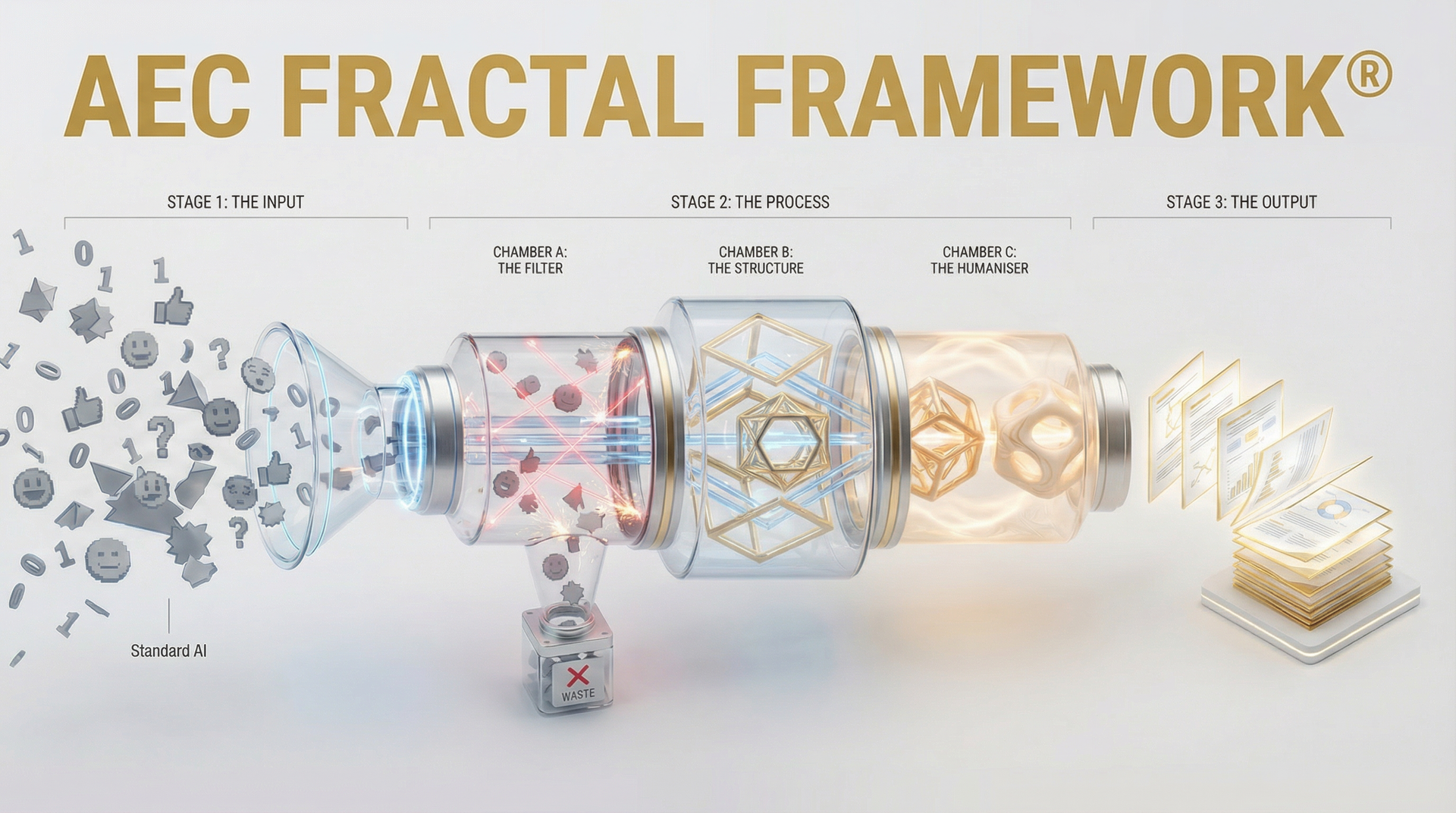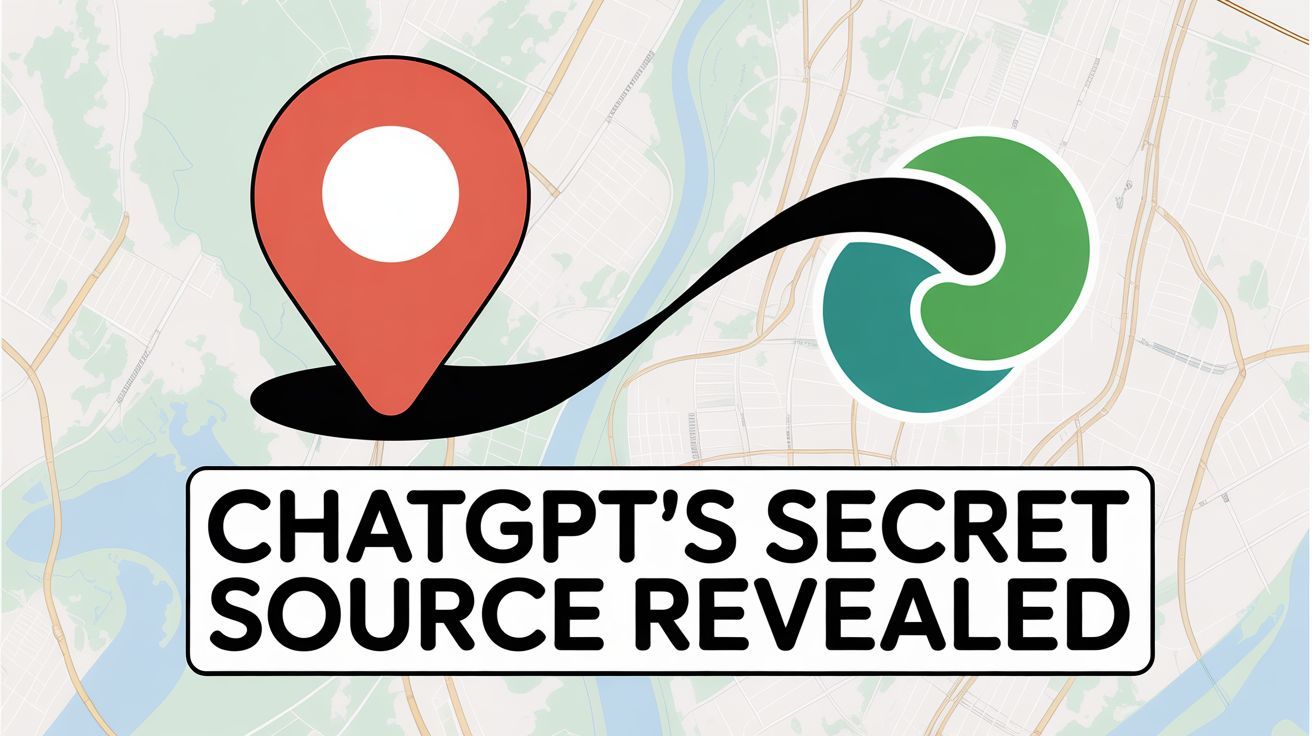October 2, 2025
AI Slop Floods the Internet and Destroys Trust Online
Author
AI content is everywhere.
Most of it is crap.
Yet we can't look away.
The internet drowns in a rising tide of AI-generated content. This flood of low-quality material, dubbed "AI slop" - threatens to overwhelm genuine human creativity and erode trust in online information.
But what exactly is AI slop?
Why should you care?
And how can we fight back against this digital pollution?
The Alarming Scale of AI Slop
The numbers tell a frightening story.
According to Deepsee.io data shared with Digiday, there has been a 717% increase in AI slop sites detected in just one year. Their block list of MFA (Made For Advertising) and AI Slop domains grew from 17,124 in June 2024 to 108,270 by May 2025 Source.
Think about that for a moment.
Three out of four new pages on the internet now contain AI-generated content. According to Ahrefs, 74.2% of newly published English-language web pages contain AI-generated content, with only 25.8% classified as purely human-written Source.
This isn't just a trend. It's a fundamental transformation of our information ecosystem.
What Exactly Is AI Slop?
AI slop is low to mid-quality content (text, images, videos, or a mix) created with AI tools, often with little regard for accuracy or value.
It's fast, easy, and cheap to produce.
And that's precisely the problem.
When content can be created at virtually zero cost and unlimited scale, the internet becomes flooded with material that looks legitimate but lacks substance.
You've probably seen examples without realising:
- Bizarre AI-generated images like "Shrimp Jesus" circulating on Facebook (March 2024)
- News articles that sound authoritative but contain subtle factual errors
- Product reviews that feel strangely generic and unhelpful
- LinkedIn posts that use impressive-sounding business jargon but say nothing
Even when it's obvious that content is AI-generated, it can still spread misinformation by fooling people who only glance at it briefly.
The Workslop Crisis in Offices
The problem isn't limited to public content. AI slop has infiltrated workplaces too, where it's known as "workslop."
Harvard Business Review recently used this term to describe low-quality, AI-generated work content that "masquerades as good work, but lacks the substance to meaningfully advance a given task" Source.
The impact is devastating:
- 40% of employees report receiving workslop in the past month
- Workers spend an average of 1 hour 56 minutes dealing with each instance
- The estimated cost is £140 per employee per month in lost productivity Source
Despite massive AI adoption, the MIT Media Lab found that 95% of organisations see no measurable return on their AI investments Source.
Why?
Because they're drowning in workslop.
Employees who receive AI-generated work from colleagues view them as "less creative, capable, and reliable than they did before" Source.
The Broader Impact on Society
The harm extends far beyond business inefficiency.
Harm to Human Creators
AI slop is actively displacing human creators:
- Artists lose jobs and income as AI-generated images flood the market
- Writers struggle to compete with the volume of AI content
- Musicians find their work drowned out by synthetic compositions
The algorithms that drive social media consumption don't distinguish between human and AI-generated content, pushing aside real creators who previously made their livelihood online.
Misinformation and Trust Erosion
Perhaps most concerning is how AI slop erodes trust in information.
A March 2025 study by the Columbia Journalism Review tested eight major AI search engines and found that, for controlled information retrieval tasks, chatbots collectively provided inaccurate or misleading answers more than 60% of the time Source.
More troubling, premium AI models were even more prone to confidently incorrect responses than their free counterparts.
The Feedback Loop Problem
The most insidious aspect of AI slop is what researchers call "recursion" or "model collapse."
As AI-generated content floods the web, it becomes training data for future AI models. Each generation of AI content becomes progressively more generic, less accurate, and less useful.
Sandra Wachter, a Professor at the Oxford Internet Institute, describes this as "a serpent biting its own tail" Source.
The internet becomes a hall of mirrors where real expertise is outnumbered by simulations of simulations.
Fighting Back Against AI Slop
So what can we do about this growing crisis?
For Content Consumers
- Develop a critical eye. Look for telltale signs of AI-generated content: generic phrasing, lack of personal voice, factual inconsistencies.
- Verify information. Cross-check facts from multiple trusted sources before sharing or acting on information.
- Support human creators. Seek out and pay for content from real people whose work you value.
- Report suspicious content. Use platform reporting tools to flag AI slop when you encounter it.
For Content Creators
- Use AI as a tool, not a replacement. Let AI assist your creative process, not drive it.
- Add human value. Incorporate personal experiences, unique insights, and original research that AI can't replicate.
- Be transparent. If you use AI in your creative process, be open about it with your audience.
- Focus on quality over quantity. Create fewer pieces of high-value content rather than flooding platforms with AI-assisted mediocrity.
For Businesses
- Set clear AI guidelines. Establish when and how AI tools should be used in your organisation.
- Prioritise human oversight. Ensure all AI-generated content is reviewed and enhanced by humans before publication.
- Value human creativity. Recognise and reward original thinking and creative problem-solving that AI can't match.
- Measure meaningful outcomes. Look beyond content volume to measure the actual impact and value of your content.
The Future of Online Content
I still find some AI-generated content entertaining.
But I've stopped seeing it as harmless fun.
It's the canary in the digital coal mine, warning us of a much larger problem that threatens the very foundation of online information.
The AI slop crisis represents one of the greatest challenges to online information quality in our lifetime. Left unchecked, it threatens to drown authentic human voices in a sea of synthetic mediocrity.
But by understanding the problem and implementing thoughtful solutions, we can preserve what makes the internet valuable: genuine human connection, creativity, and knowledge sharing.
Tools like Decodefy offer a promising middle path, providing the speed and efficiency of AI while maintaining the human touch that gives content its soul. The key is using such tools as frameworks that enhance rather than replace human creativity, allowing for rapid content creation that still requires your unique perspective and final review before publishing.
The future of online content doesn't belong to AI. It belongs to humans who use AI wisely.
What steps will you take to combat AI slop in your own content consumption and creation?
FAQ About AI Slop
Q: Can AI slop ever be a good thing?
A: While some AI-generated content can be entertaining in its absurdity, the broader impact of mass-produced low-quality content is overwhelmingly negative, harming creators, businesses, and information quality.
Q: How can I tell if content is AI-generated slop?
A: Look for telltale signs like generic phrasing, lack of personal voice, factual inconsistencies, and content that sounds authoritative but lacks depth. If it feels like it's checking boxes rather than conveying genuine insight, it's likely AI slop.
Q: How is the AEC Fractal Framework different from standard AI content generation?
A: Standard AI generates content based on statistical patterns, while the AEC Framework structures content according to human psychological principles at multiple levels. This creates content that genuinely resonates rather than merely appearing coherent on the surface.
Q: Can businesses use AI without contributing to the slop problem?
A: Absolutely. The key is using AI as an enhancement to human creativity, not a replacement. Tools like Decodefy that incorporate human psychological frameworks help businesses create valuable content that stands out from AI slop, but always require human review before publishing.
Q: What's the biggest danger of AI slop for society?
A: The most insidious threat is the feedback loop where AI-generated content becomes training data for future AI, creating a downward spiral of quality and authenticity. This "model collapse" threatens to drown genuine human expertise in a sea of synthetic mediocrity.
Jon Young
AI marketing expert who cuts through the rubbish to give local business owners what actually works. Co-founder of FloweMedia and creator of the AEC Fractal Framework™. Obsessed with giving you 40 hours monthly back from admin chaos so you can focus on what matters: growing your business and having a life.










